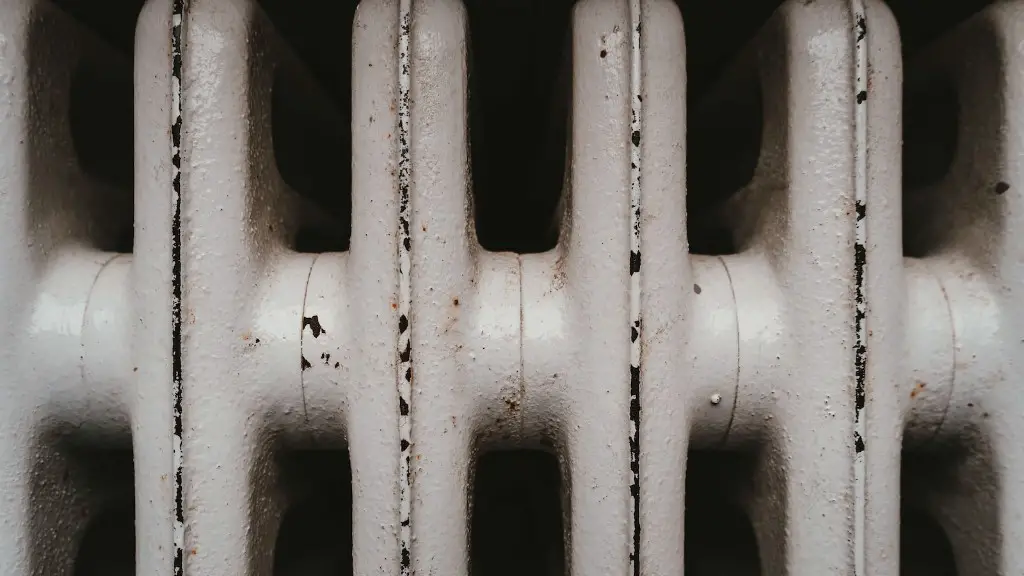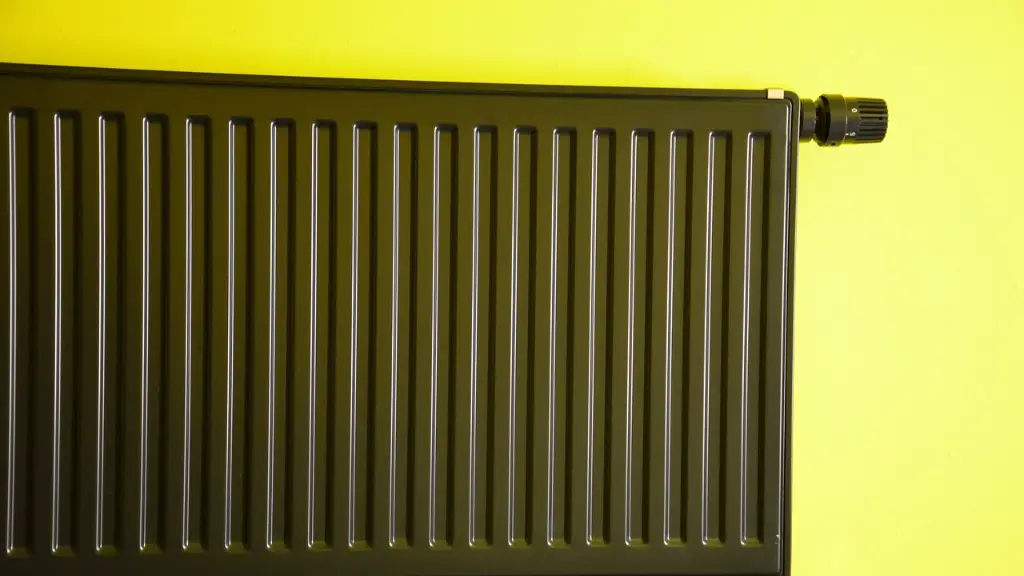If your car is overheating, one possible cause could be low radiator fluid. Not enough fluid in the system can cause the engine to overheat because it can’t properly cool itself. Low radiator fluid is usually caused by a leak, so if you suspect this is the problem, check your hoses and radiator for leaks. You may be able to temporarily fix the problem by adding more fluid, but you’ll need to find and fix the leak as soon as possible.
Yes, low radiator fluid can cause overheating. If the radiator fluid is too low, it will not be able to properly cool the engine, and the engine will overheat.
Will adding coolant help overheating?
If your car’s engine overheats, adding coolant does nothing to address the problem that caused it. However, adding coolant can often allow you to drive safely to the nearest repair station. A professional will need to inspect your car’s cooling system to determine the cause of the overheating. While driving, keep an eye on the temperature gauge to avoid further damage to your engine.
If you notice that your car’s coolant level is low, top it up as soon as possible. A low coolant level can lead to your heater core blowing cold air into your car, making for a very uncomfortable ride.
Can a coolant flush fix overheating
A coolant flush is a process in which all the old coolant is removed from your radiator and replaced with new antifreeze. This is important because it ensures that your radiator is working at its best and minimizes the risk of overheating and high-temperature gauge readings.
If you notice that your car’s engine is overheating, it could be due to a blockage in the airflow. This can happen if the car’s cooling fan is not working properly, or if there is something blocking the air from reaching the radiator. If the problem is severe, the coolant can boil and the engine will overheat.
What are 3 simple things to check if your car is overheating?
If you’re experiencing engine overheating, there are a few things you can check to try and diagnose the issue. First, check your coolant levels in both the reservoir and the engine itself. If you’re low on coolant, that could be the cause of the issue. Next, check for any leaking hoses or the reservoir itself. If you find a leak, that could also be the cause of the overheating. Finally, check to see if the thermostat is stuck or malfunctioning. If it is, that could be preventing the coolant from flowing properly and causing the engine to overheat.
If the coolant level is low in the reservoir, you can refill it to the max fill line but do not overfill it. The coolant mixture expands when it heats up and needs the extra room. Keeping your coolant at the correct level is one of the ways to keep your radiator good working order.
What are the symptoms of low radiator fluid?
If your car’s coolant level is low, it could lead to a number of problems. Your engine could overheat, for one. Coolant helps pull heat away from the engine, so if there’s not enough of it, the engine could get too hot. You could also blow a head gasket or have your car shut off. Other signs that your coolant level is too low include a high-temperature gauge that’s near or in the red, an A/C system that’s not working properly, and a sweet-smelling odor. If you’re experiencing any of these issues, it’s important to get your car checked out as soon as possible. The Coolant Level Sensor may be to blame.
The warning signs of low car coolant are:
1) Rising Temperature Gauge: If you notice that your temperature gauge is rising towards the red after driving your car for some time, it could be a sign that your car coolant is low.
2) Heater Not Working or Supplying Hot Air: If your car’s heater is not working or supplying hot air, it could be another sign that your car’s coolant is low.
3) Poor Fuel Economy: If you notice that your car’s fuel economy has worsened, it could be yet another sign that your car’s coolant is low.
4) A Sweet Smell: If you notice a sweet smell coming from your car, it could be a sign of a coolant leak.
Is it OK to just have water in your radiator
If your radiator is low or empty, it’s best to add a 50/50 mix of coolant and water (or a pre-mixed coolant), but if you absolutely have to keep driving, you can add water to the radiator to get you to your destination.
A coolant flush is a great way to remove scale deposits and rust from your radiator and improve the life of your car. This simple maintenance step can offer many benefits by pushing out old antifreeze and any contaminants that may harm your engine.
What is the main cause of engine overheating?
Engines can overheat for many reasons. In general, it’s because something’s wrong within the cooling system and heat isn’t able to escape the engine compartment. The source of the issue could include a cooling system leak, faulty radiator fan, broken water pump, or clogged coolant hose. Overheating can cause serious damage to the engine, so it’s important to identify and fix the issue as soon as possible.
It is important to flush with water and remove any leftover residue from the old coolant/antifreeze before topping up the radiator with clean water. To do this, start the engine and leave it running for 15 minutes. This will allow the water to circulate and remove any residual coolant/antifreeze.
What are 10 common causes of overheating
Any one of these issues can cause an engine to overheat. A qualified mechanic should be consulted to diagnose and repair the problem.
If your car is overheating all the time, it could be because the radiator is clogged or, more likely, there is a leak in the head gasket. To figure out which it is, you can perform a block test. If the test shows that the engine needs to be repaired, then you’ll have to disassemble it. But if the test comes back negative, then the problem is probably just the radiator and you can replace that.
How do I know if my thermostat is sticking?
If you think your thermostat might be going bad, there are a few things you can check for. First, see if the coolant is swirling or flowing immediately. If it is, that means the thermostat is probably stuck open. If the coolant doesn’t flow after 10 minutes or so, and the temperature gauge indicates it’s hot, the thermostat is likely stuck closed.
If you’re looking to cool down your radiator quickly, your best bet is to head to a wide open space and let the car idle for a bit. 20 to 30 minutes should do the trick. However, if you’ve been driving at high speeds for a while, it’s going to take longer for the radiator to cool down. In those cases, you’re looking at around an hour wait.
How do you temporarily fix an overheated car
If your engine is overheating, the following steps can help cool it down:
– Turn off the air conditioner. Running the A/C puts a heavy load on your engine.
– Turn on the heater. This blows some excess heat from the engine into the car.
– Put your car in neutral or park and then rev the engine.
– Pull over and open the hood.
It is not advisable to drive an overheating car for more than a quarter mile as it could lead to irreversible engine damage. Some vehicles might be able to make it 20 miles, but it is not recommended to push it that far. If your engine is overheating, it is best to pull over and call for roadside assistance.
Final Words
Yes, low radiator fluid can cause overheating. If there is not enough fluid in the radiator, the engine will overheat because the fluid will not be able to circulate properly.
Yes, low radiator fluid can cause overheating. If the radiator fluid level is low, it can cause the engine to overheat because the fluid is not able to circulate properly.




